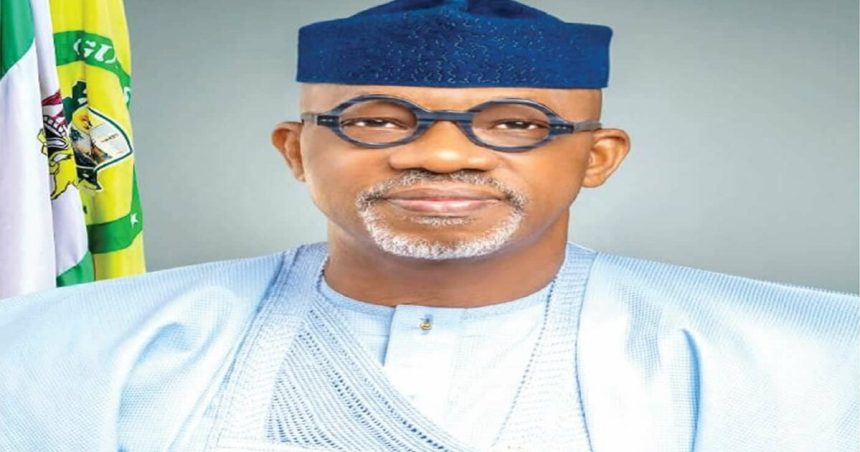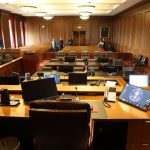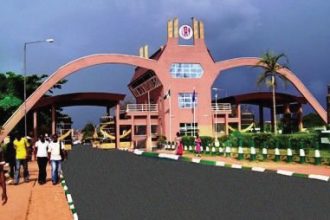The Ogun State Government has partnered with the European Union to provide solar power for 40 rural health centres across the state in a bid to improve healthcare delivery and reduce dependence on unreliable electricity supply.
Governor Dapo Abiodun announced the initiative on Thursday in Abeokuta during the unveiling of the Nigeria Solar for Health Project, an EU-funded programme.
Represented by the Commissioner for Finance, Mr Dapo Okubadejo, the governor said the intervention would bridge a critical gap in rural healthcare caused by frequent power outages.
“In many rural and semi-urban areas, power disruptions compromise the quality of medical services. Vaccines lose potency without refrigeration, emergency surgeries are delayed, and diagnostic tools fail to function effectively.
“These are not merely technical inconveniences; they are matters of life and death,” Abiodun said.
He explained that the solar initiative would provide clean, renewable, and sustainable energy to selected primary healthcare facilities, ensuring uninterrupted services and improved outcomes for patients in underserved communities.
“With this intervention, our health centres will not only have light — they will have life,” he added.
Abiodun noted that over 40 primary healthcare centres would benefit from the first phase of the project, which is designed to deliver a measurable impact.
According to him, the initiative will lower operational costs from diesel and generator use, improve maternal and child health outcomes, cut carbon emissions, and create new employment opportunities.
The governor assured that his administration would work closely with local governments, communities, and development partners to ensure effective maintenance, capacity building, and community ownership of the solar infrastructure.
He added that while the Solar for Health Project focuses on powering healthcare facilities, nearby small businesses could also benefit from the clean energy network through regulated and affordable connections.
Speaking at the event, the Programme Manager for Energy and Circular Economy at the EU Delegation to Nigeria and ECOWAS, Mr Godfrey Ogbemudia, said the project reaffirmed the Union’s commitment to strengthening Nigeria’s healthcare and energy sectors.
He described the initiative — part of the EU’s Global Gateway Programme — as a transformative step towards sustainable and equitable healthcare service delivery.
“This visionary initiative, spanning 2024 to 2028, will provide solar micro-grid solutions to public health facilities, improving service delivery and supporting productive economic activities in rural communities,” Ogbemudia said.
Also speaking, the Ogun State Commissioner for Health, Dr Tomi Coker, described the project as both timely and transformative.
“Power is an essential part of healthcare. It is not optional — it is fundamental. We cannot deliver a baby in the dark, perform surgery, store vaccines, or sustain digital health systems without steady electricity,” she said.
Coker revealed that one in six primary healthcare centres in the state would be solar-powered by the end of the year through various ongoing interventions.
According to her, general and state hospitals currently spend over ₦100 million monthly on energy — funds that could otherwise be redirected to essential drugs, staff training, and community outreach.
She stressed that the Nigeria Solar for Health Project, supported by the EU, would help reduce these costs and improve healthcare efficiency statewide.
Nigeria’s power supply remains inadequate, plagued by frequent outages, low generation capacity, and grid instability — with many communities experiencing as little as four hours of electricity daily.









